PROTECT YOUR DNA WITH QUANTUM TECHNOLOGY
Orgo-Life the new way to the future Advertising by AdpathwayTrailing fuchsia in a hanging basket is eye-catching from afar and captivating up close. Their ornate, pendulous flowers ornament the ends of stems like dripping jewels. In various forms, the blooms are often red, purple, pink, white, and bicolor and are beacons for hummingbirds and other pollinators.
Trailing fuchsia is a favorite for brightening shady spots in containers, hanging baskets, and cascading over bed edges. They fill a pot as a single specimen to become a focal point, or make intriguing combination plantings with impatiens, coleus, ferns, and coral bells, to name a few. They bear a heavy flush of blooms in early summer and repeat flower into fall.
Types of Fuchsias
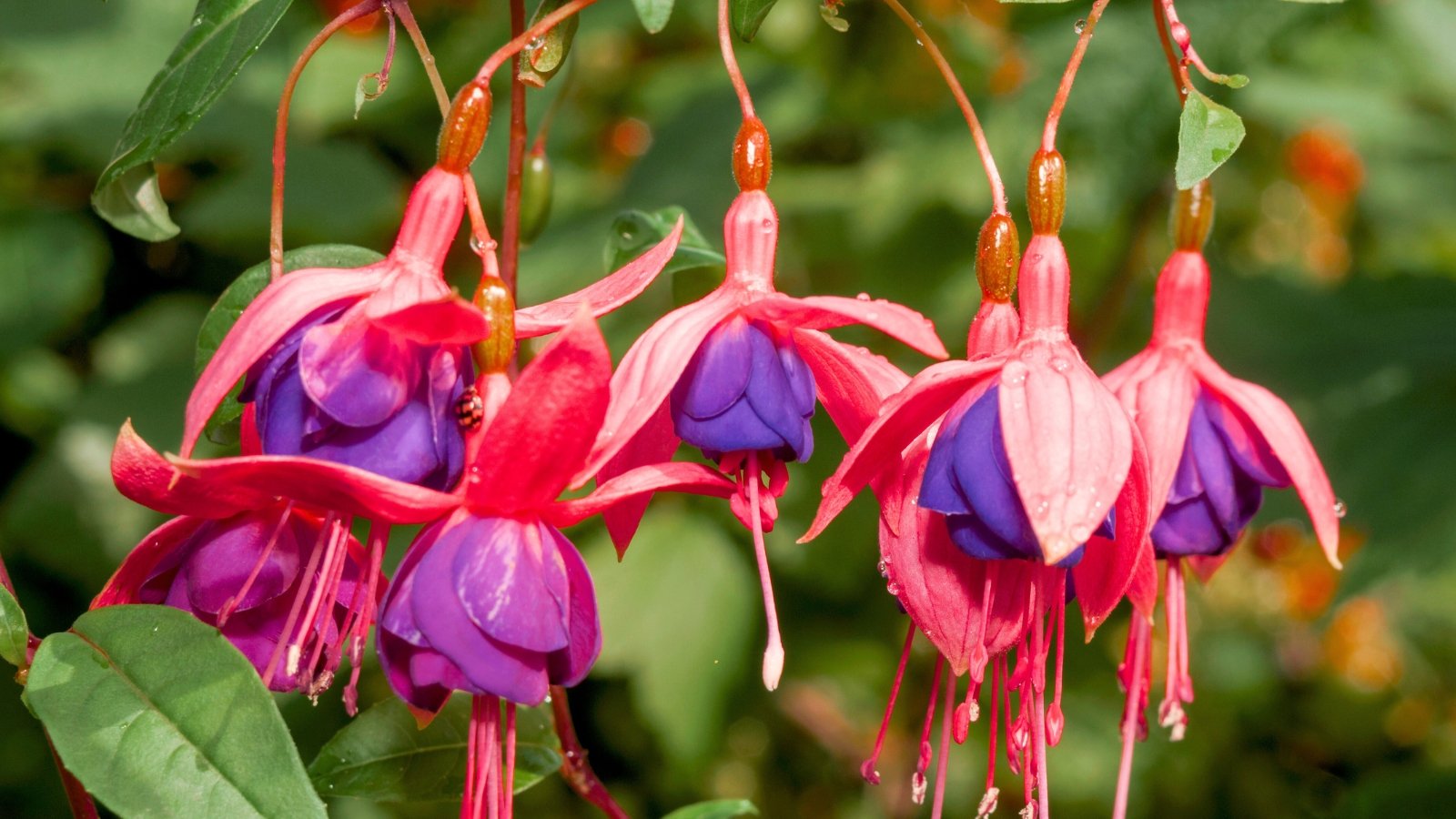 Tropical varieties show off bright blooms but dislike cold weather.
Tropical varieties show off bright blooms but dislike cold weather.There are over 100 species of fuchsia and thousands of cultivars for a diverse, varied selection. The group includes two commonly grown types: hardy and tropical. Hardy types usually have upright habits, while tropicals tend to trail.
Hardy types (Fuchsia magellanica) have woody stems and a shrubby form. Plants grow between two and six feet tall, depending on the variety. These are tough, cold-tolerant specimens growing across USDA zones 6 through 10. They withstand frost and perennialize where hardy.
Tropical, tender types (Fuchsia x hybrida) are highly ornamental. Mostly native to South America, they’re sensitive to frost and cold temperatures and are tender perennials in zones 9-12. They often trail or form a low-growing mat, with newer cultivars in upright forms. The low-growing spreaders generally reach six inches to two feet tall with a width of one to two feet.
Growing Trailing Fuchsia
 Bright, indirect light keeps their colors popping.
Bright, indirect light keeps their colors popping.Trailing types are beautiful in shady annual borders, hanging baskets and pots, and as houseplants. They overwinter indoors or grow as warm-season annuals.
Fuchsia needs bright, indirect light to thrive, out of direct sun. Organically rich soils and consistent moisture bring the best performance, though they’re somewhat drought-tolerant once established. Pinch and prune stems for the best vigor and flowering during the active growing season and in overwintering.
Fuchsia in pots and hanging baskets overwinter indoors, but it can be a challenge to carry them over to the next season.
‘Swingtime’
 Soft petals blush with pretty cerise-pink veins inside.
Soft petals blush with pretty cerise-pink veins inside.‘Swingtime’ will make you pause and marvel at each detailed bloom. All fuchsias will, but this one jazzes up the lineup with red sepals that frame a full skirt of ruffled ivory petals. Prominent pink stamens flare from the center. The milky corollas have cerise-pink veining for added interest.
‘Swingtime’ is a recipient of the Royal Horticultural Society Award of Garden Merit for its ornament and performance. The award winner is among the most popular for its loads of dancing blooms in crisp shades. Sizeable pink buds are pretty before the blooms open.
While ‘Swingtime’ stays low, the trailing fuchsia variety spreads up to two feet to delicately spill over the edge of hanging baskets, swaying in time with the breeze.
‘Dark Eyes’
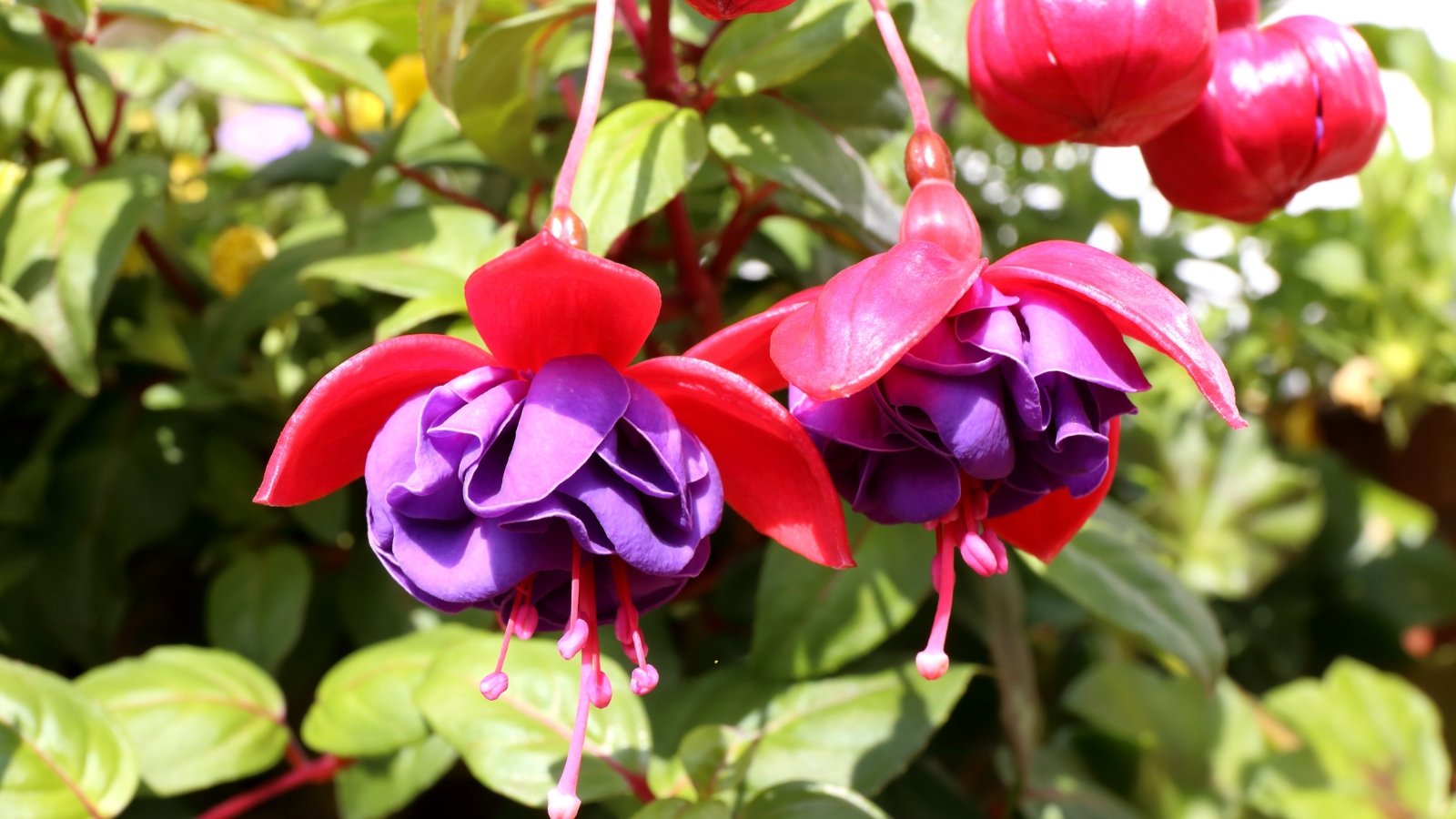 Deep purple petals peek out from fiery red sepals.
Deep purple petals peek out from fiery red sepals.‘Dark Eyes’ is a standout with classic coloration in rich, color-soaked hues. The outer red sepals flare around folds of satiny royal purple corollas. Bright red-pink buds resemble beaded hearts ready to burst.
Stems spread up to two feet to showcase the distinct floral structure for high vertical interest. ‘Dark Eyes’ is a Royal Horticultural Society Award of Garden Merit recipient with a big show in addition to strong performance.
‘Autumnale’
 Sculptural flowers bloom long, but leaves really grab attention.
Sculptural flowers bloom long, but leaves really grab attention.‘Autumnale’ brings colorful foliage that may be even more showy than the sculptural red flowers. Leaves are gold-green with a red blush, transitioning to rust red in late summer.
The red and purple flowers are single blooms like F. triphylla, or firecracker fuchsia, with long, drooping tubular sections. Firecracker fuchsia has a long bloom time and attractive leaves, making it desirable as a parent species to many hybrids.
But ‘Autumnale’ steals the show when it comes to foliage. The unexpected bright tones lighten a shady porch and become a focal point for visitors and hummingbirds, too.
‘La Campanella’
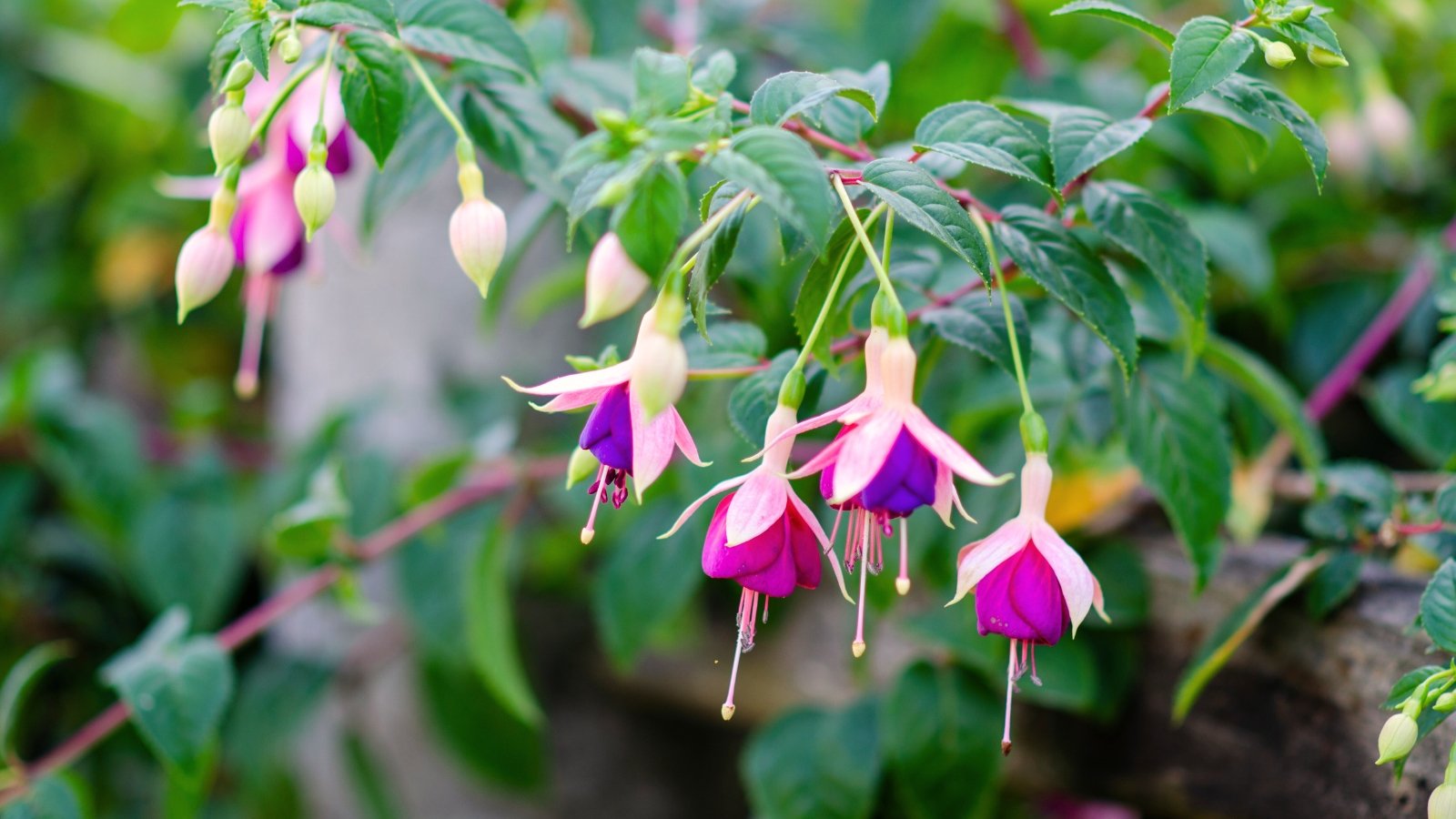 Purple blooms deepen in color as they slowly open up.
Purple blooms deepen in color as they slowly open up.This graceful trailing fuchsia variety also mounds with lax stems and a uniform height and width. Slightly arching stems fill up a hanging basket for a full display. ‘La Campanella’ has brushed pink sepals around a silky purple corolla that becomes more violet as it matures. Long, bright pink stamens complete the elegant look.
‘La Campanella’ holds RHS Award of Garden Merit status with their pristine semi-double blooms that are bright against their deep green, leafy backdrop. Like little lanterns, they hang with near-perfect symmetry.
‘Southgate’
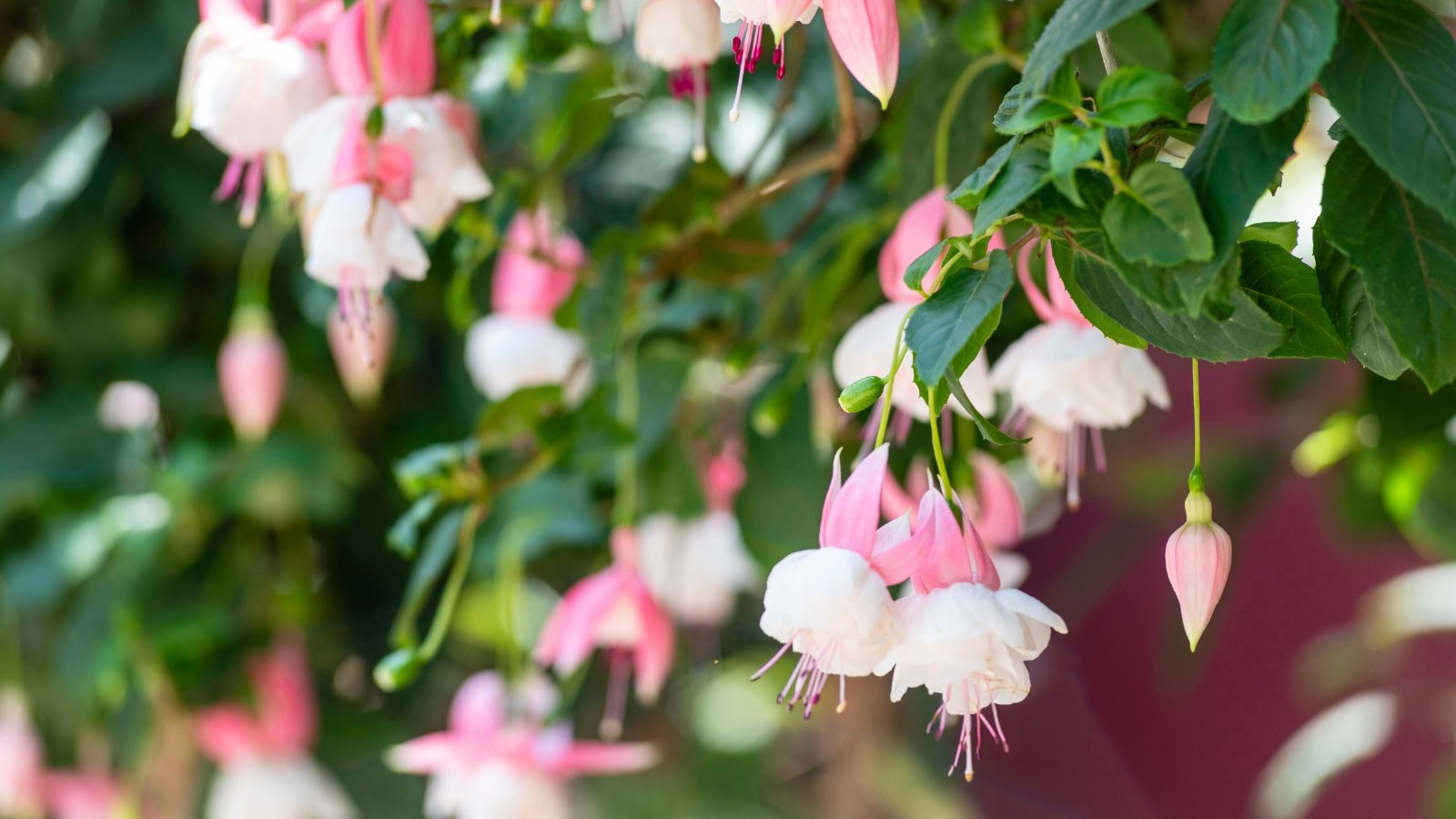 Soft pink blooms carry a gentle, sweet charm everywhere.
Soft pink blooms carry a gentle, sweet charm everywhere.‘Southgate’ is a trailing fuchsia variety that’s wildly pretty in pink. Baby pink sepals with mossy green tips hold softly folded corollas in the same pink shades. Stamens in deeper pink bring out the richer rose tones of petal veining.
‘Southgate’ makes a pretty statement, which is more subtle than its vibrant relatives and sweeter for it. It holds the same pollinator appeal for hummingbirds and butterflies.
‘Lena’
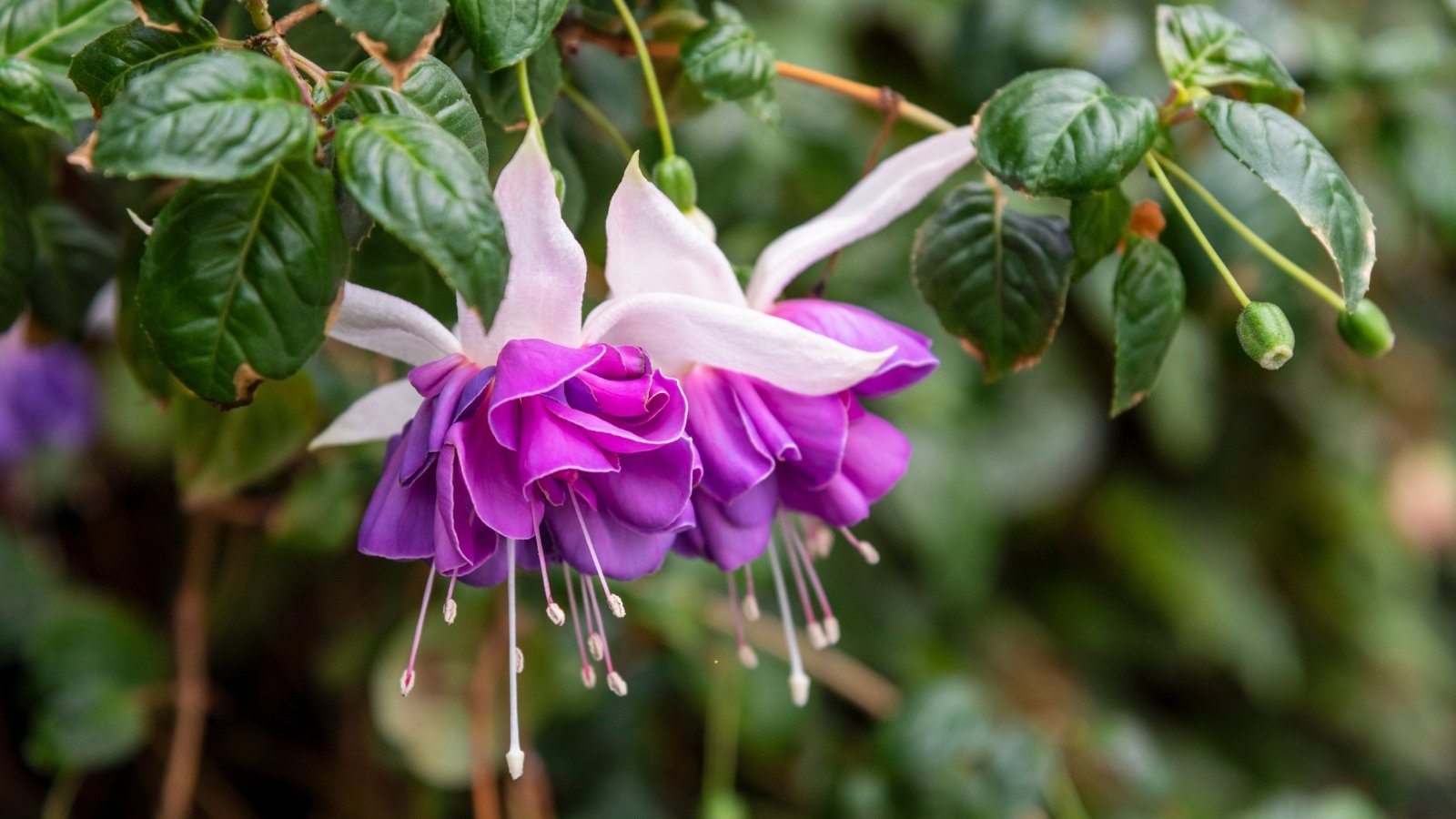 Flowers keep coming from early summer well into fall.
Flowers keep coming from early summer well into fall.‘Lena’ is lovely with creamy pink sepals and a billowy, dark purple-blue corolla. As the semi-double blooms fully open, the corolla lightens to violet and reveals pink brushes. Buds and sepals have fresh green tips.
Like the other trailing fuchsia varieties on our list, they flower from early summer through fall. ‘Lena’ is another top performer for hanging baskets with large blooms that hang in numbers. The favorite holds Award of Garden Merit status.
‘Blue Eyes’
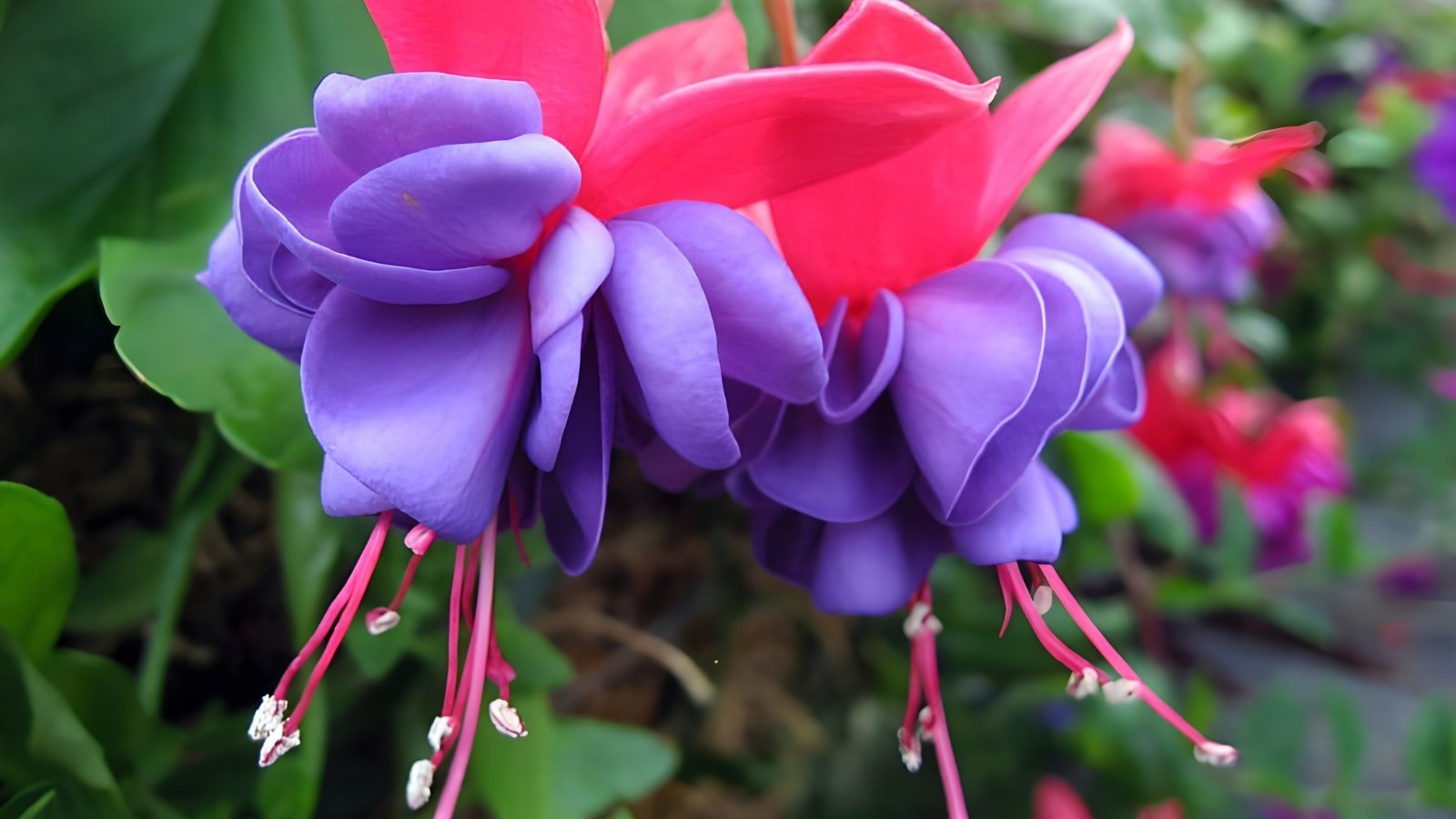 Big blooms show off soft purple-blue shades with lilac hints.
Big blooms show off soft purple-blue shades with lilac hints.In keeping with the ‘Dark Eyes’ floral form of cerise-pink sepals and a fully double, frilly corolla, ‘Blue Eyes’ lightens the interior from royal purple to purple-blue with lilac overtones.
‘Blue Eyes’ boasts the same large flowers and buds as ‘Dark Eyes’ for a big show of floriferous color and high visual interest. Place the showy tropicals to admire and appreciate the intricate blossoms up close.


 2 weeks ago
13
2 weeks ago
13
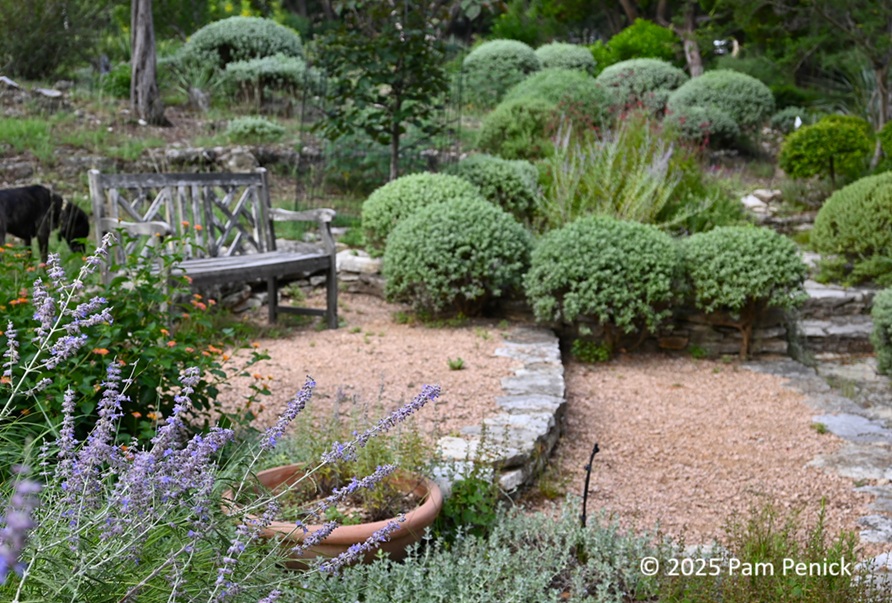
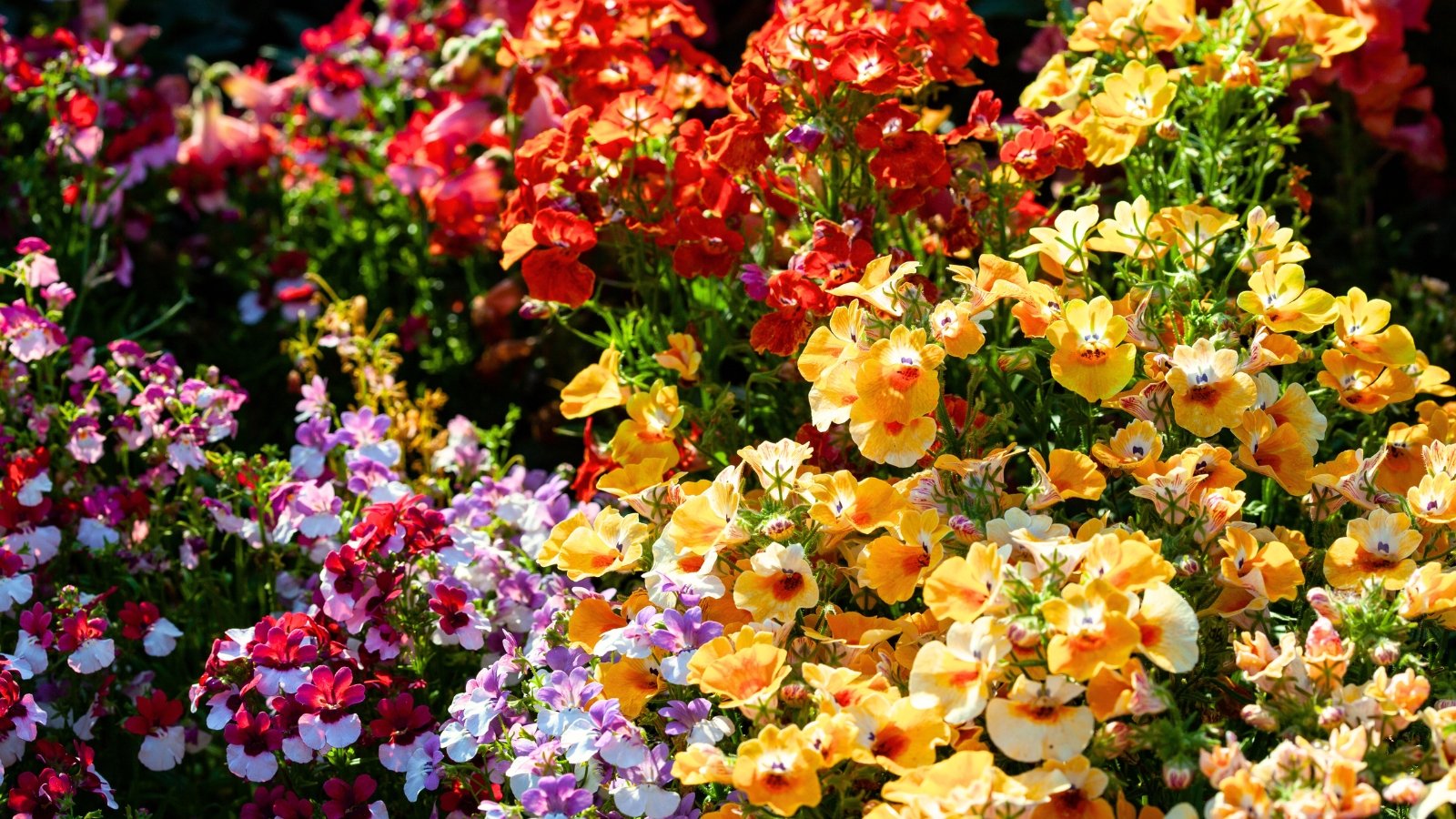
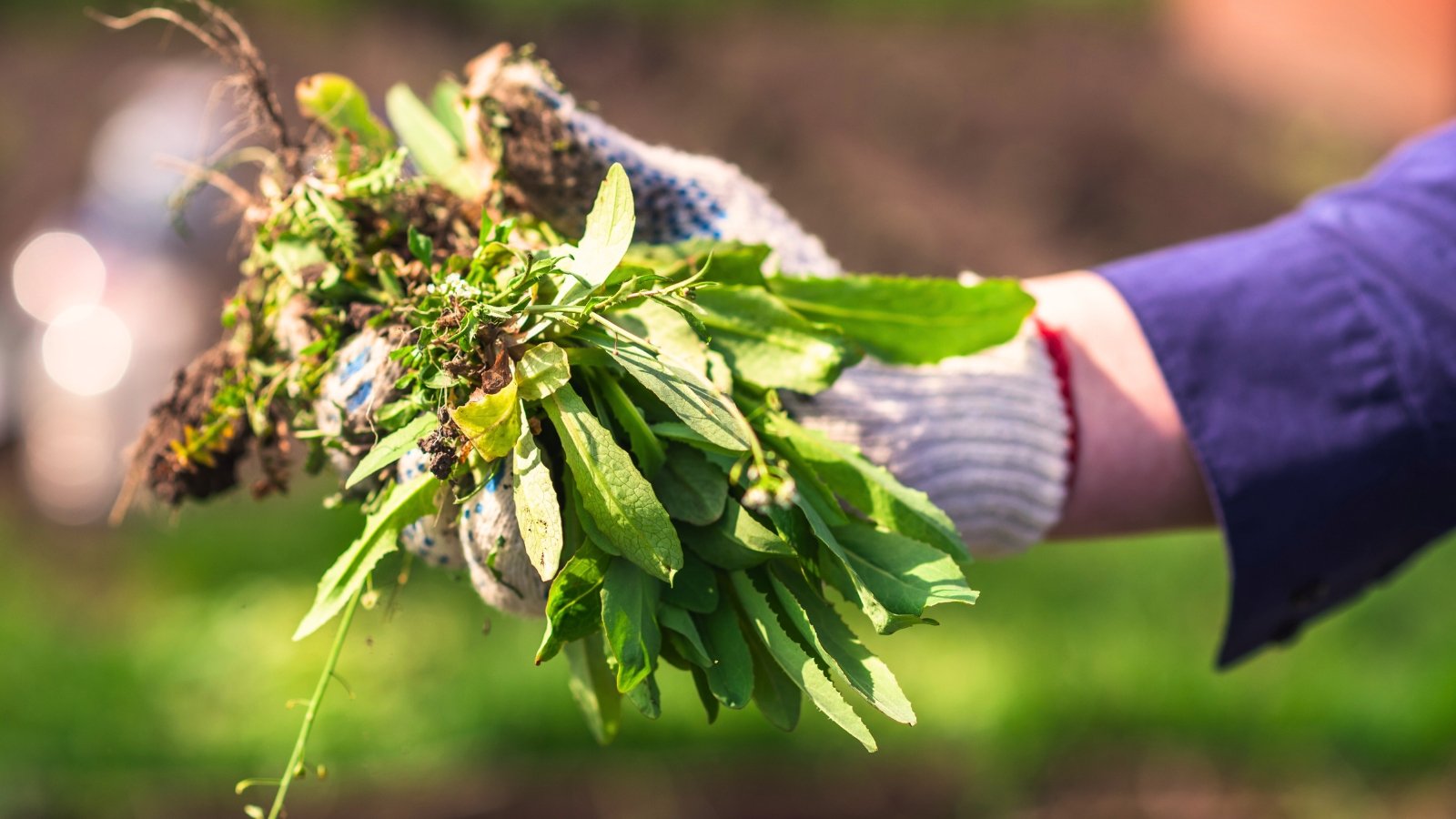
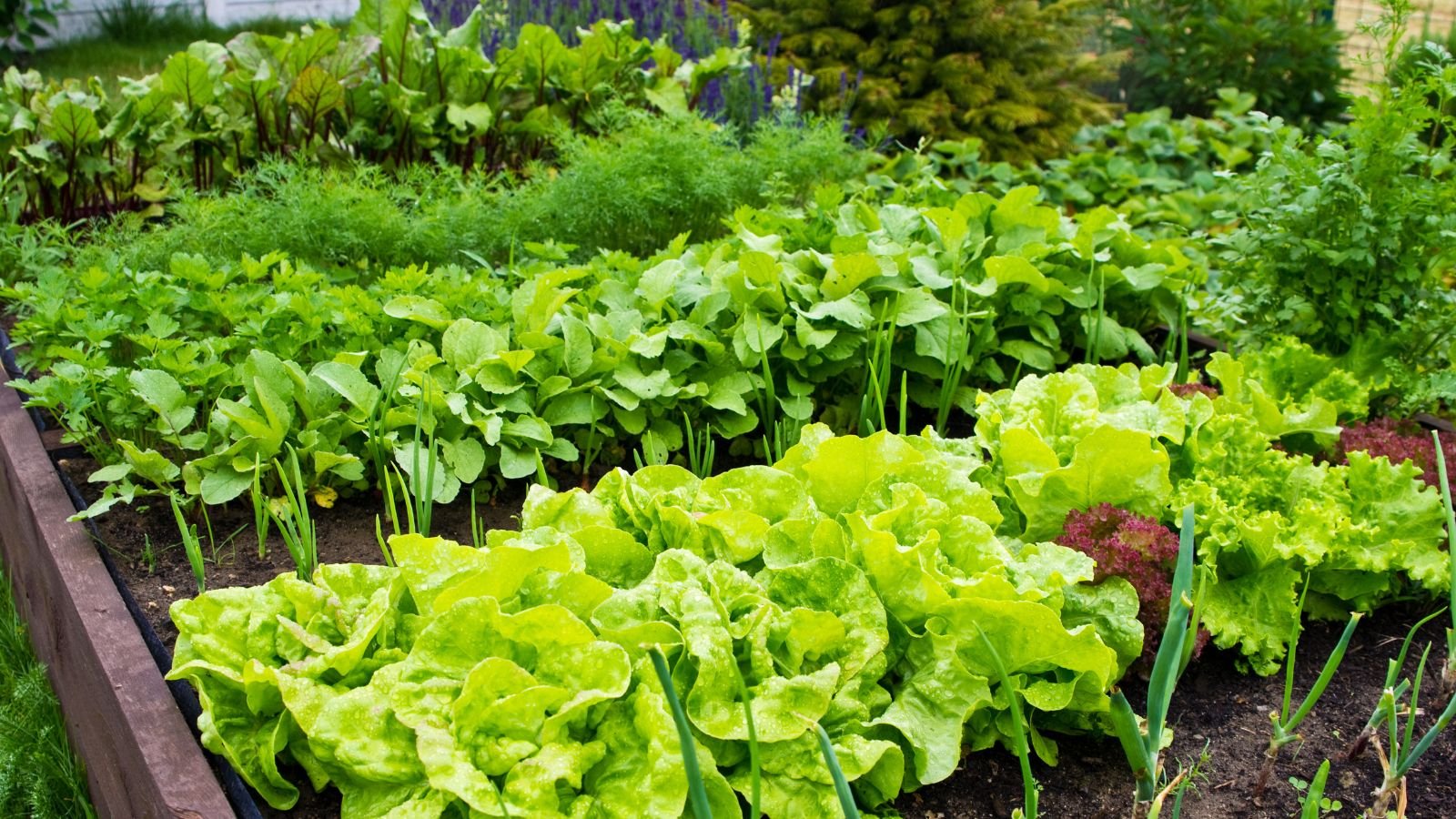
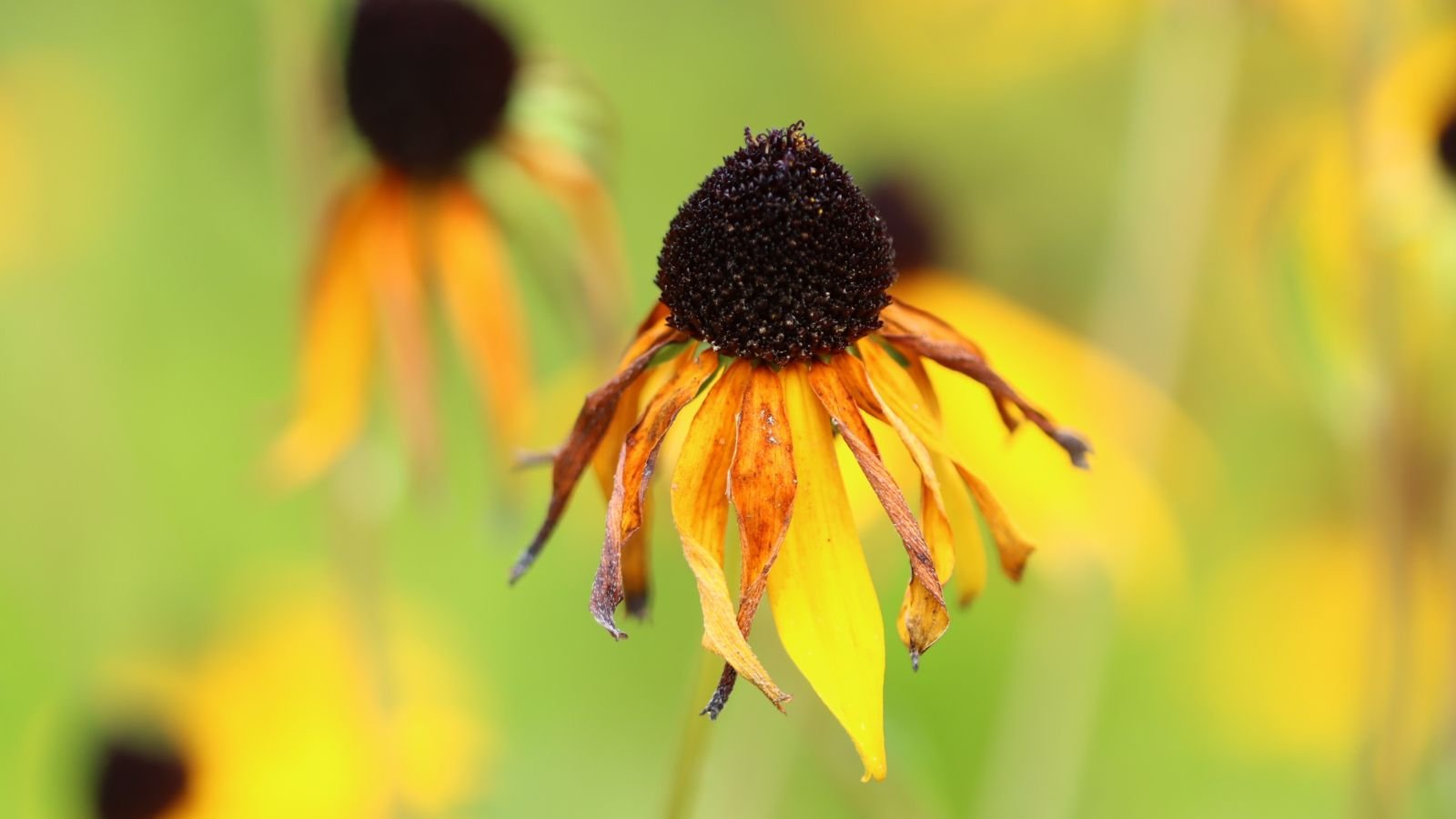
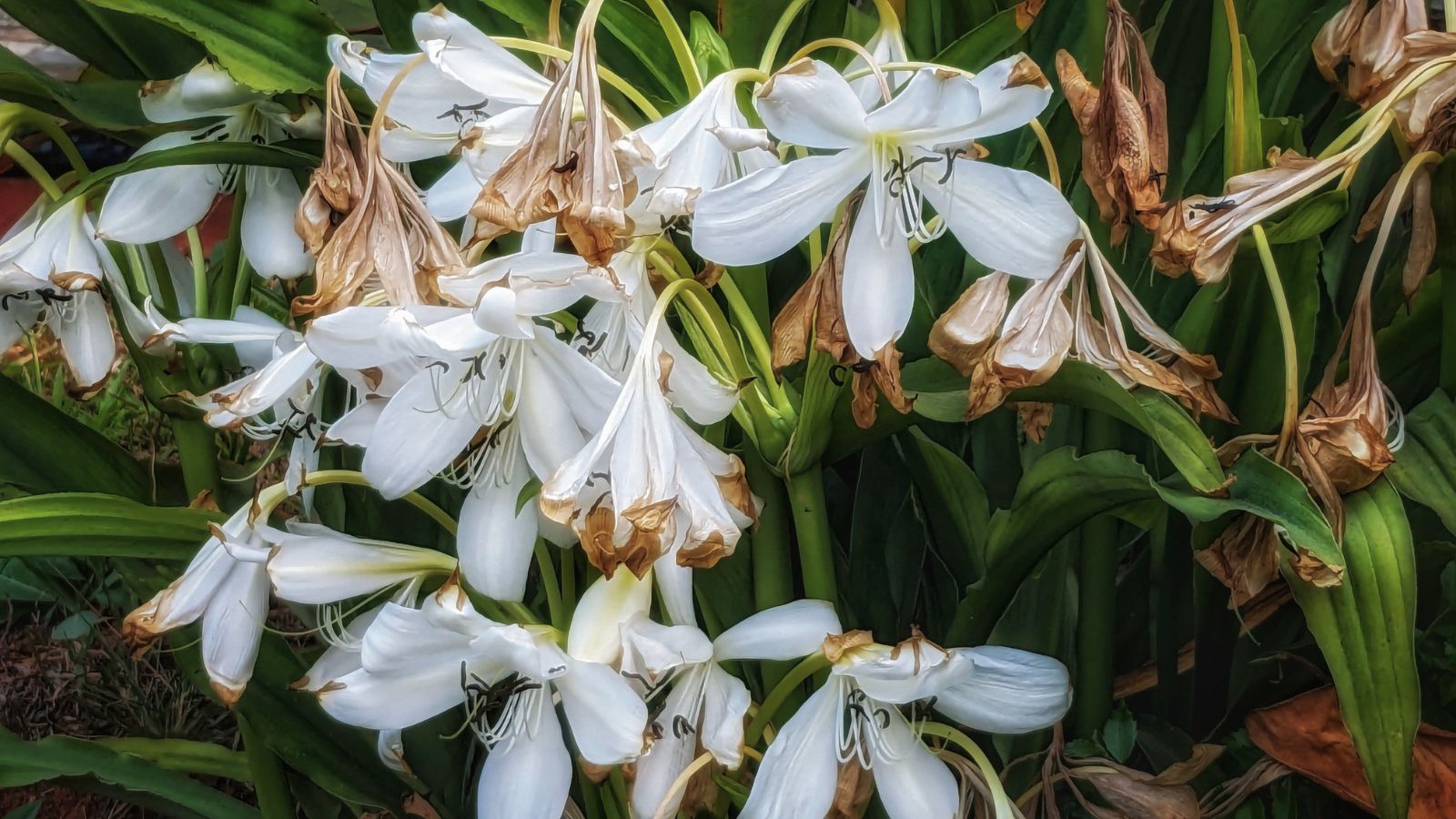
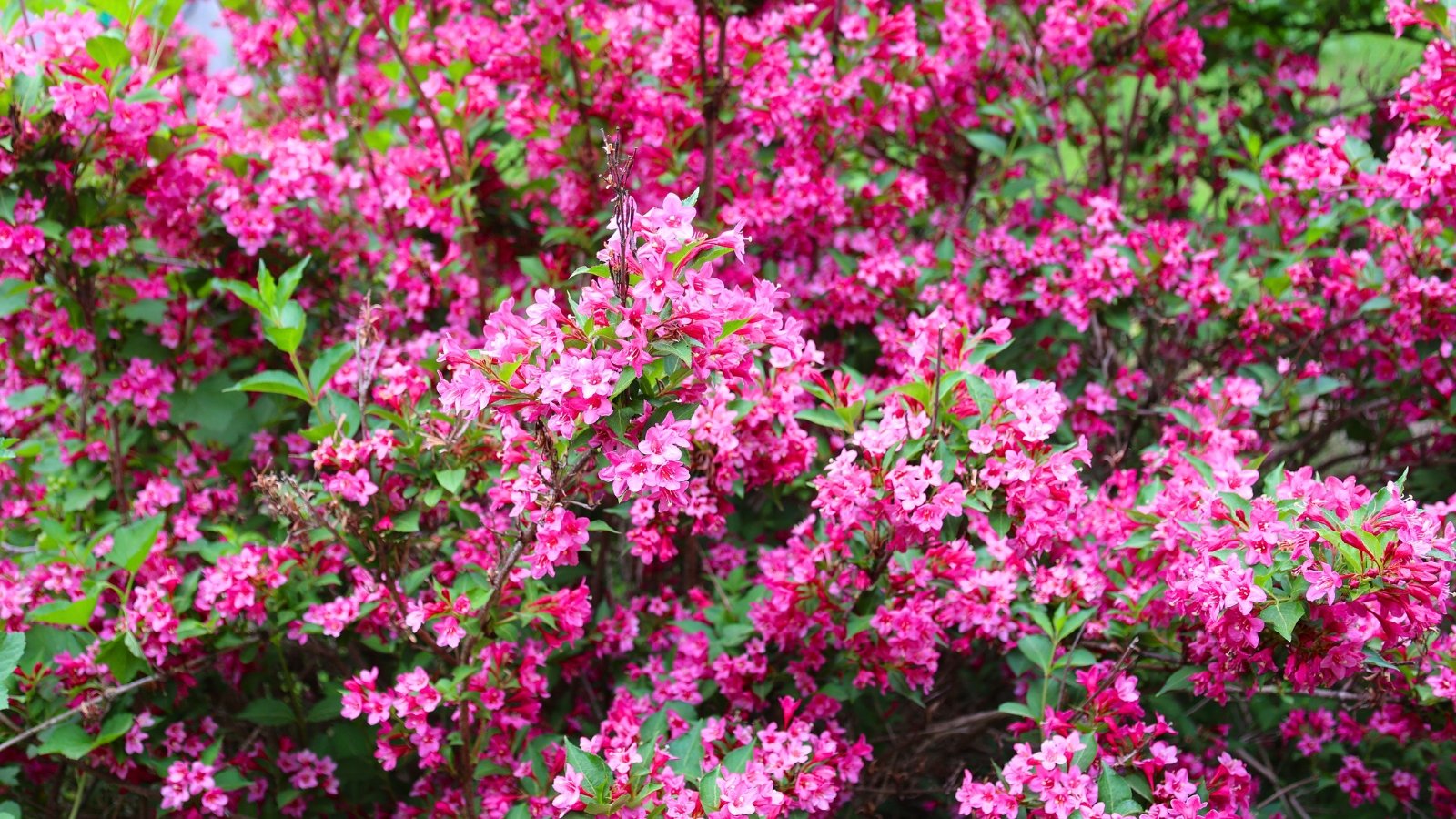














 English (US) ·
English (US) ·  French (CA) ·
French (CA) ·